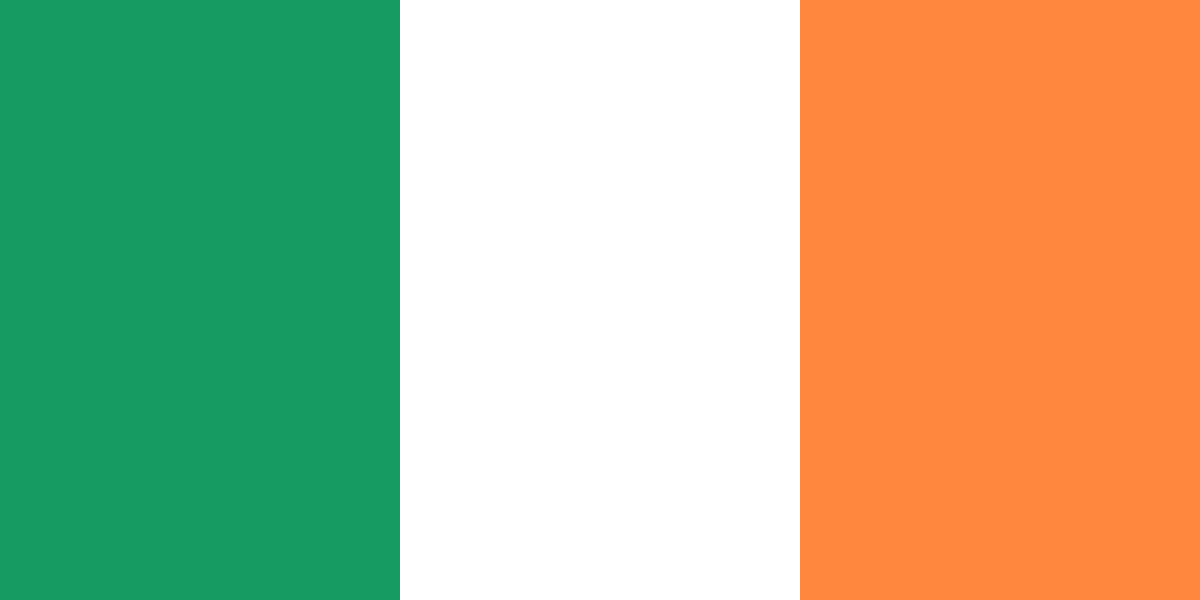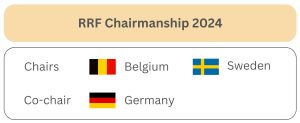WHAT WE DO
Funded by the European Commission (DG HOME) and implemented by ICMPD, the Return and Reintegration Facility (RRF) supports European Member States and Schengen Associated Countries (MS) to increase the effectiveness of their return and reintegration programming.
The RRF provides operational and financial support to MS to facilitate the development of solutions and activities with an EU-added value in the area of return and reintegration, whilst bridging gaps between existing initiatives. In parallel, the RRF supports the implementation of the EU Strategy on Voluntary Return and Reintegration.
In the New Pact on Migration and Asylum, launched by the European Commission in 2020, the establishment of an effective common EU system for return is a core element1.
The EU Strategy on Voluntary Return and Reintegration, adopted in April 2021, promotes voluntary return and sustainable reintegration support as an integral part of the common EU system for return. Voluntary return aims to ensure the humane, effective and sustainable return and reintegration of irregular migrants. As for effective reintegration measures, the Strategy aims at supporting not only individuals at different levels and needs, but also the structures and services that make reintegration possible, including fostering local ownership over the reintegration process.
Both the Pact and the Strategy underline the importance of developing innovative common solutions with an EU-added value within the field of return and reintegration. The RRF supports the implementation of the Strategy and return-related ambitions in the Pact by providing a mechanism for the development of such projects, which should be complementary to other activities in this area financed by the European Commission and by Frontex.
1 While the EU return policy prioritises voluntary return, both voluntary and forced return are key elements of an effective return policy.
How we work

MS decide the working agenda of the RRF and initiate related processes. MS can express needs and put forward project ideas and designs through the Call for Ideas. The Facility Support Office (FSO) will ensure efficient cooperation and explore potential next steps together with the MS. Examples of support that the FSO can provide are as follows:
- Facilitating relevant knowledge and data collection on a topic of interest;
- Connecting MS with similar project ideas and/or needs with each other;
- Supporting the development of the Concept Note and project proposal;
- Supporting the identification of the most appropriate implementation and funding modality (in accordance with MS capacity, resources, etc.);
- Advising on procurement actions and monitoring and evaluation cycles, where needed.
Besides providing support to MS for the development and implementation of projects and activities, the RRF also facilitates a platform for MS to exchange on various return and reintegration related topics.
For all its activities and projects, the RRF coordinates and aligns with its key institutional stakeholders – DG HOME and Frontex – as well as with already existing initiatives.
A Facility Steering Committee (FSC), that comprises representatives of MS, Frontex and DG HOME, ensures overall strategic guidance, leadership and oversight for the implementation. The FSC is chaired by a MS through an annually rotating chairmanship. ICMPD act as secretariat and provides technical support/assistance for its functioning.
RRF Member States
The MS that have currently signed a Memorandum of Understanding are (last updated June 2025):
Austria
Belgium
Denmark
Finland
France
Germany
Iceland
 Ireland
IrelandLuxembourg
The Netherlands
Norway
Portugal
Sweden
Switzerland
Chairmanship 2024
